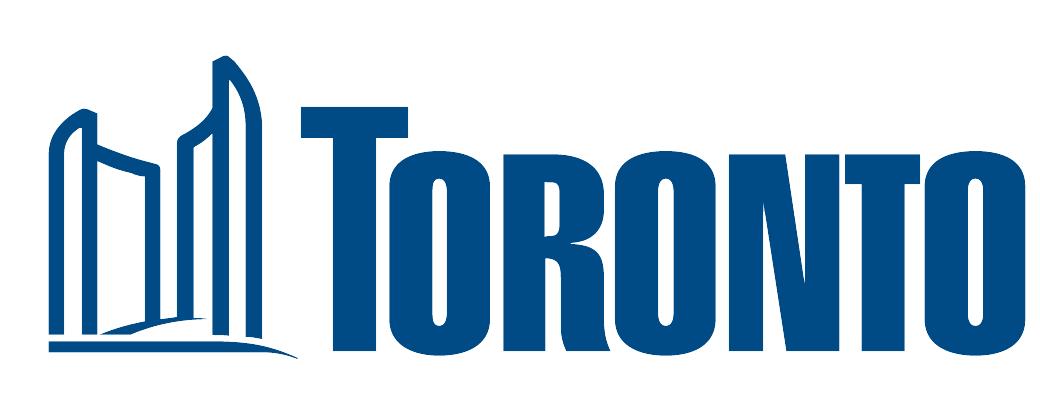
On June 17th, policymakers from municipal Environment offices and community organizations met with colleagues from York University’s Knowledge Mobilization Unit to launch the ‘Knowledge Mobilization for Climate Change’ project. The meeting took place in the York Research Tower at York University’s Keele Campus. The goal of this project is to make York climate change research and expertise more accessible to policymakers, so that academic research can inform municipal level climate change decisions. The municipalities of Toronto, York Region, Mississauga, Peel, and Durham were present, as well as the Toronto and Region Conservation Authority (TRCA) and the Association for Canadian Educational Resources (The Gateway Project). The KMb Unit was represented by David Phipps, Director of Research Services and Knowledge Exchange; Krista Jensen, Knowledge Mobilization Officer; and, Andrei Sedoff, Knowledge Mobilization Officer.
 An energetic group that had already spent most of the morning meeting as the GTA Climate Change Steering Group, our policy partners were eager to launch the suite of KMb initiatives which include a dedicated space on the O3 social networking hub, the production of climate change clear language research summaries, and the hosting of a number of networking events and research presentations between York researchers and municipal policymakers. The KMb Unit shared examples of completed clear language research summaries based on climate change research by York faculty and also offered to draft summaries based on relevant research encountered by policy partners. David Phipps led a brief presentation on the nature of Knowledge Mobilization as it is practiced at York through ResearchImpact. David cited a number of successful collaborations that were
An energetic group that had already spent most of the morning meeting as the GTA Climate Change Steering Group, our policy partners were eager to launch the suite of KMb initiatives which include a dedicated space on the O3 social networking hub, the production of climate change clear language research summaries, and the hosting of a number of networking events and research presentations between York researchers and municipal policymakers. The KMb Unit shared examples of completed clear language research summaries based on climate change research by York faculty and also offered to draft summaries based on relevant research encountered by policy partners. David Phipps led a brief presentation on the nature of Knowledge Mobilization as it is practiced at York through ResearchImpact. David cited a number of successful collaborations that were brokered by the KMb Unit between policymakers, researchers, and community groups. He also demonstrated how the York KMb model has taken the traditional role of Knowledge Mobilization (producer push and user pull) and extended that to include the co-production of knowledge. There was a lot of exciting talk about the needs of the policymaking community to gain better access to research and expertise at the university. Some participants, like Chandra Sharma from TRCA, have already collaborated with York on projects in the past and were excited by the growth of collaboration while others were excited by the new opportunities this project opened up for their organizations. The policy partners had a diverse spectrum of research needs. They ranged from gaining more knowledge about the impacts of climate change on public health to the adaptation of municipal infrastructure to a changing climate. There was also a lively discussion about the internship component of the project;
brokered by the KMb Unit between policymakers, researchers, and community groups. He also demonstrated how the York KMb model has taken the traditional role of Knowledge Mobilization (producer push and user pull) and extended that to include the co-production of knowledge. There was a lot of exciting talk about the needs of the policymaking community to gain better access to research and expertise at the university. Some participants, like Chandra Sharma from TRCA, have already collaborated with York on projects in the past and were excited by the growth of collaboration while others were excited by the new opportunities this project opened up for their organizations. The policy partners had a diverse spectrum of research needs. They ranged from gaining more knowledge about the impacts of climate change on public health to the adaptation of municipal infrastructure to a changing climate. There was also a lively discussion about the internship component of the project;  the plan is to place York graduate students in the offices of each policy partner, enabling the students to enhance research in their fields with a practical component.
the plan is to place York graduate students in the offices of each policy partner, enabling the students to enhance research in their fields with a practical component.
The meeting led to a number of positive outcomes, the most important one being a better shared understanding of where the KMb model can best serve the needs of municipal policymakers in the realm of climate change. “Advancing climate research and knowledge is key to addressing municipal needs to address impacts of changing climate. Under the umbrella of “Climate Consortium for Research Action and Integration (CC-RAI)”, a number of collaborative climate change initiatives are currently underway,”  said Chandra Sharma, who is TRCA’s watershed specialist. “TRCA, along with our partners, regional municipalities of York, Peel, Durham, and the City Toronto, is pleased to collaborate with York University. This unique pilot project with is an excellent model to maximize the impact of university research. »
said Chandra Sharma, who is TRCA’s watershed specialist. “TRCA, along with our partners, regional municipalities of York, Peel, Durham, and the City Toronto, is pleased to collaborate with York University. This unique pilot project with is an excellent model to maximize the impact of university research. »
For us at the KMb Unit, meeting the policy partners was a phenomenal chance to learn about the complex and multifaceted policy development process that is required to deal with the challenges posed by climate change. Wet are excited to contribute to a positive outcome for this project and hope to capture the thoughts of our policy partners on video at the concluding meeting.
